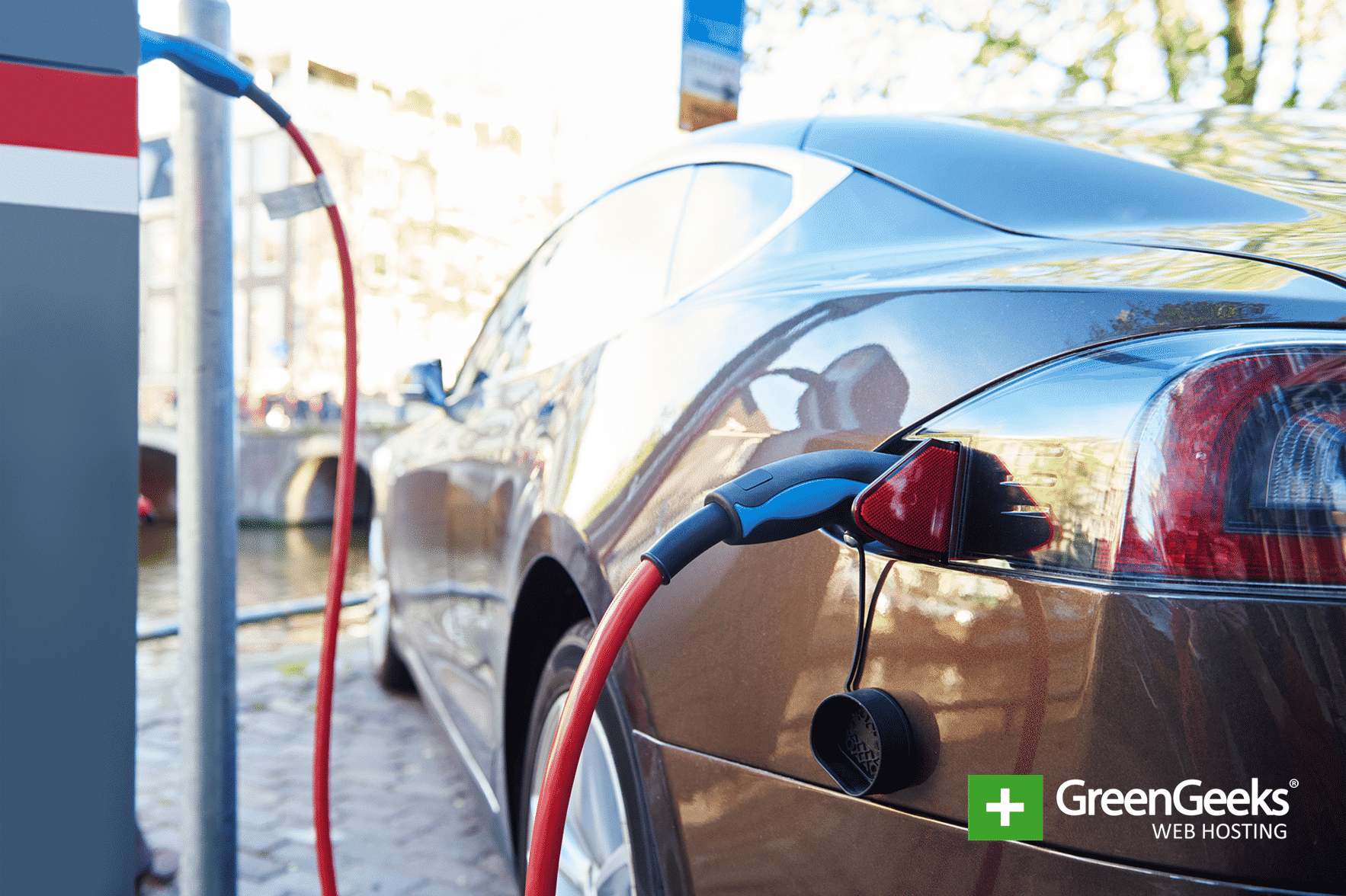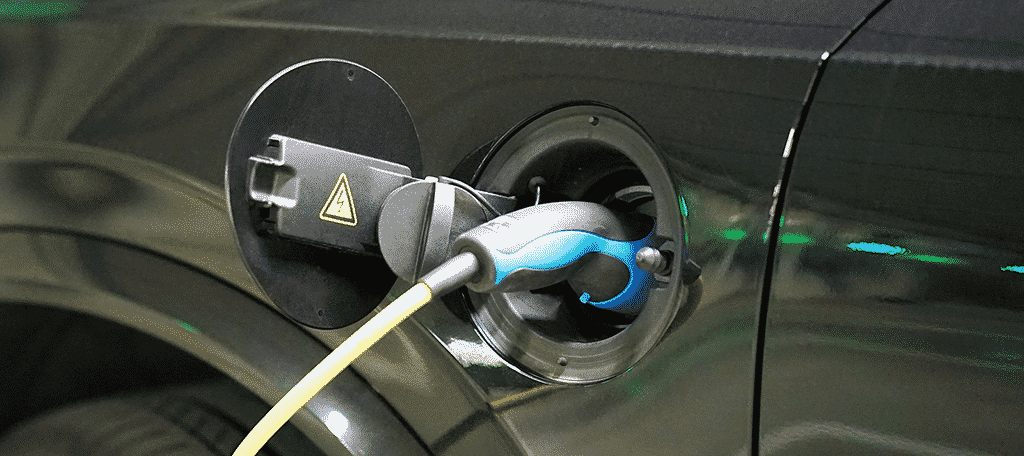
Amsterdam has a plan to get rid of car emissions in the city, by placing a ban on fossil fuel cars. The city hopes to reach this by 2030, but it will be challenging to implement.
The plan is broken up into multiple phases. Starting in 2020, some diesel vehicles will be banned. By 2022, a ban will be put on non-zero emission buses and coaches. In 2025, some boats will have a ban. Finally, by 2030, they will ban fossil fuel vehicles.
However, before it can achieve this, the city needs to build an infrastructure that can support a full fleet of electric cars.
Why Ban Fossil Fuel Cars
It’s no secret that the exhaust from fossil fuel cars is not good for the environment or our health. The worse our air quality gets, the more likely it is to affect our health.
This will increase the amount of spending on health care services and end up costing more than fixing the actual problem.
One of the nasty byproducts of fossil fuel engines is carbon dioxide. This is the most abundant greenhouse gas on the planet and plays a huge role in speeding up climate change.
In 2018, carbon levels reached an all-time high and are continuing to rise. Car emissions play a huge role in this number. For example, in 2017, transportation was responsible for 29% of the United States’ greenhouse gas emissions.
Not The First Ban of Fossil Fuel Vehicles
The city of Amsterdam joins a growing list of both nations and cities that will have plans to ban fossil fuel vehicles.
As this list continues to grow, car manufacturers will have no choice but to completely switch their production lines to electric. While this may be slightly more expensive at first, the prices are sure to shrink.
Infrastructure Is Key
The biggest obstacle any city faces when it comes to electric cars is the infrastructure. Most of the cities around the world are not equipped to handle an electric car majority.
In some cases, they can’t even handle a few electric cars. This can prove disastrous on long road trips.
This is due to how rare installing recharge station is for a city or town. Fossil cars are certainly simpler in this regard. All they need to do is drive into a gas station and refuel, but charging a battery takes time and special equipment.
Of course, we must also remember that electricity is not free. This will certainly have a big impact on the electric grid.
Electric Vehicles Are The Future

Considering just how many emissions fossil fuel cars release, this will be a significant, yet necessary change that nations pursuing a zero-emissions goal must make.
However, it is important for every nation to make sure that the infrastructure is built to support this change.

